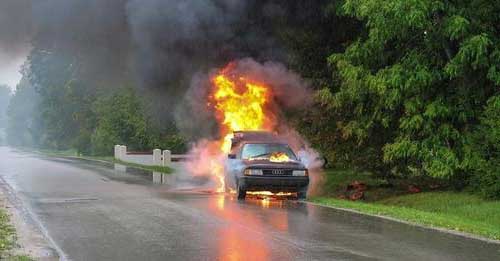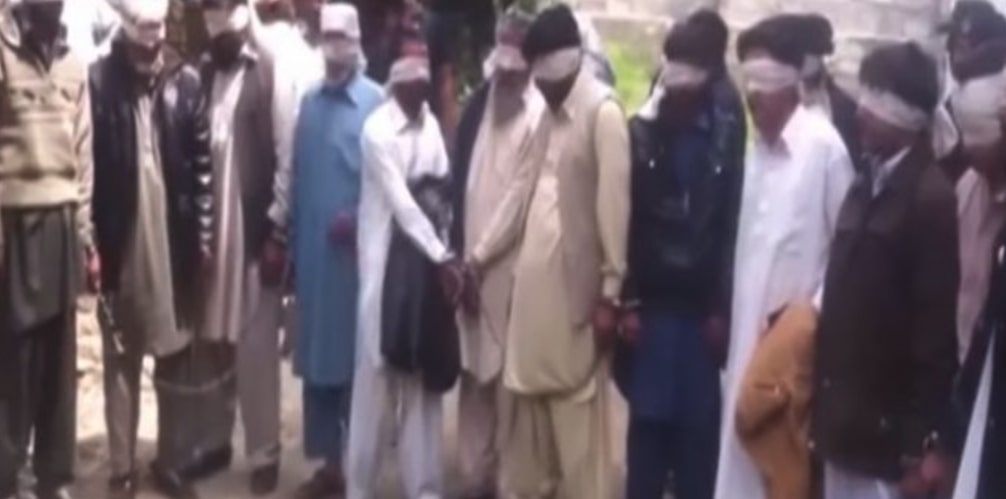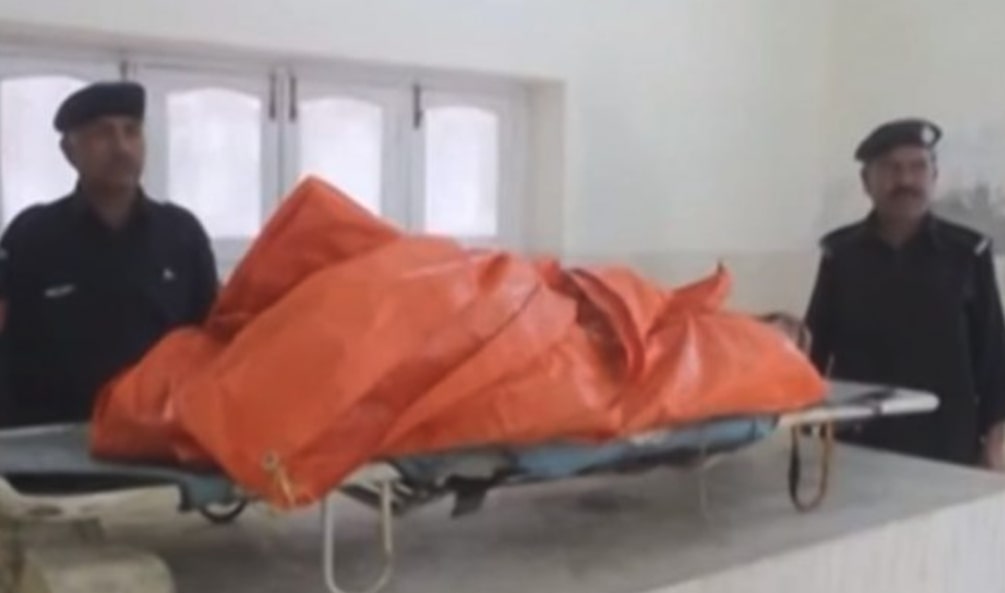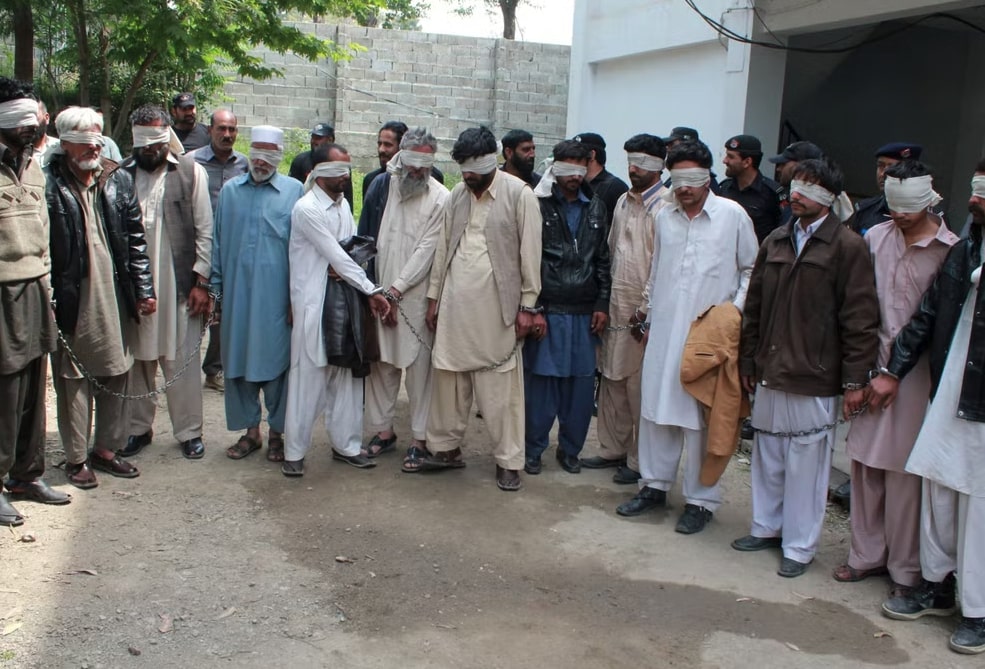Ambreen Riasat was just 16 when she was brutally killed in a horrible homicide that attracted worldwide notice when at least 13 accused from a tribal council were captured in Pakistan for their role in the heinous killing. Ambreen was burned alive in the town of Donga Gali, in the northwest city of Abbottabad, and roughly 30 miles northeast of Pakistan’s capital city of Islamabad. But it isn’t all.
Furthermore, the heinous murder was committed by the girl’s own family and community in what CNN describes as an “honor killing.” While “honor murders” are not uncommon, the sheer premeditated cruelty of this one drew international attention to the tradition of executing people who bring “disgrace” on their families.
Ambreen Riasat was reportedly killed by a gang of 15 members of a local tribal council, or “jirga,” in punishment for her part in helping a couple elope. They intended her punishment to be so terrible that no female would ever think of fleeing the town again, and if she did, no one would aid her.
Although the topic of honor killings is not new in Pakistan, the young girl’s murder astonished even a country used to 25 years of debating such honor killings,’ said Sherry Rehman, an opposition senator in Pakistan’s parliament who previously served as Pakistan’s ambassador to the United States as well as a Federal Minister and became the country’s first parliamentarian to introduce a bill against honor killings.
According to other stories, the woman was brought from her house to an abandoned structure, then drugged and strangled until she passed out. She was then thrown into the backseat of a parked vehicle. Her hands were apparently tied to the seats to avoid her escape before the car was doused in gasoline and she was set on fire in the same van that was allegedly used to let her school buddy flee the area to marry of her own free will.
Ambreen Riasat admitted to supporting a local couple in eloping before her murder. During the investigation, the person who did it said that Saima, a schoolgirl from the same village and tribe, ran away with her boyfriend a few months ago, and that Ambreen set up their regular meetings and then their escape, said Khurram Rasheed, a district police officer. The pair appeared to have fled, but Ambreen wasn’t so lucky.
When the members of the jirga discovered the pair had gone missing and learned of Ambreen Riasat’s role in the elopement, they convened for a 6-hour conference and voted to execute the girl as punishment for tarnishing the village’s name. They then placed the child in the vehicle in which the couple had fled. They tied her wrists to the seats and then poured fuel on her and the car, said Saeed Wazir, district police head. He’d never witnessed such a savage assault in his life.
Once the charred corpse of the adolescent was discovered, district police apprehended at least 13 village elders who were engaged in the council and the killing, as well as the girl’s own mom, who is alleged to have consented to the sentencing. The girl’s brother was also detained in connection with her death. The suspects are seen in the video below after their arrest.
The girl’s burnt remains in a body bag, as well as the scorched car where her remains were discovered, are seen in more news coverage below.
While the story is in another language, it provides a terrible real-life glimpse of the atrocities that certain individuals, particularly women, experience in nations where honor killings occur for the tiniest of “crimes” against the family.
Sherry Rehman says that the indignation and sadness over Ambreen Riasat’s killing are about more than simply murder. It is also the sort and magnitude of cruelty against women that Pakistan’s government continues to allow, despite mounting calls for change, she said. When it comes to crimes against women, high-profile instances like this one illuminate more than simply a conspiracy of silence. They also reflect in vivid shapes the price of top-down political inactivity.
She goes on to say that, according to recent studies by Pakistan’s independent Human Rights Commission, there were not only more than 1,100 “honor murders” in one year but also 900 incidences of sexual abuse against women and almost 800 women who killed themselves or tried to commit suicide. These recorded incidents, though, are merely the tip of the iceberg, she says.
Although murder or harm is often seen as a severe crime with hefty punishments, this is not the case when it comes to crimes against women, particularly those involving the alleged “honor” of families or communities, Rehman observes. The legislation allows for the exchange of ‘blood money’ for family pardons in certain crimes, prohibiting police or prosecutors from taking action and shielding the culprits from punishment,” she continues, describing a sort of “justice” that most of us in America cannot conceive.
She correctly concludes that there is no reason why Pakistan’s people, particularly its women, should have to live in terror of the cruelty and brutality of honor killings. It would seem that no woman or individual in this day and age should have to live in terror of this type of horror, but it will require increasing public and international pressure to bring about change. So, will you speak out for females like Ambreen? She can’t give us her tale anymore, but we can.







